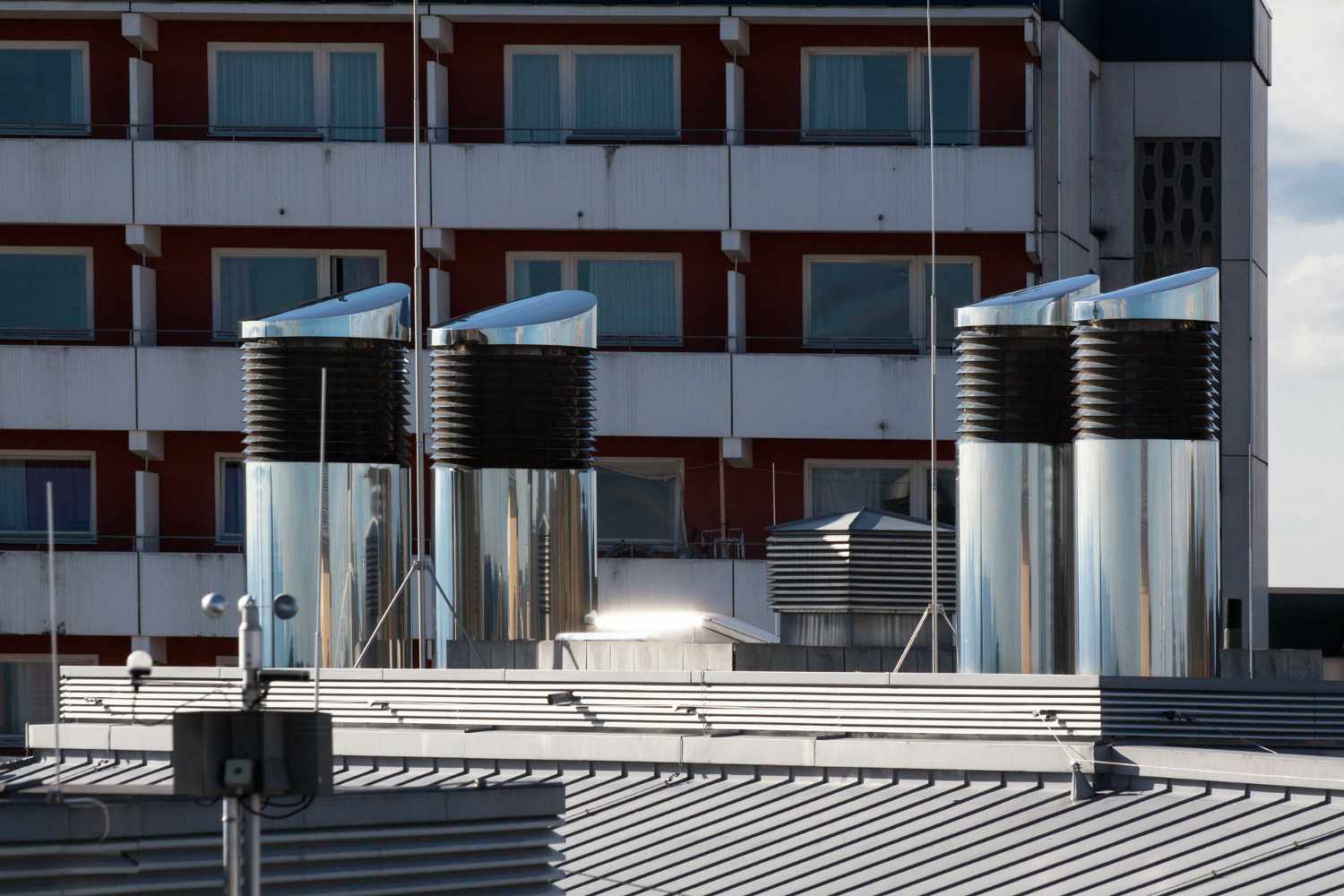
A good start for finding a good ventilation engineer is your circle of business contacts as this may elicit either a recommendation or an advisory to avoid a specific company. If this is not fruitful you can try a web search. However, if you do decide to embark on this route it is advisable to go with a supplier who has:
- A good portfolio of expertise
- Excellent testimonials and recommendations from previous work
This above is because past performance is one of the best indicators of future performance.
What is a Ventilation Engineer?
A ventilation engineer installs and services fume extraction systems in private homes and larger buildings such as:
- Hospitals
- Schools
- Factories
The Role of a Ventilation Engineer
The ventilation engineer will both manage and deliver the process of a ventilation system being put into a location. Further they will ensure the delivery of engineering quality and technical oversight services. Further the ventilation engineer will:
- Develop and control the plans, procedures and engineering strategies.
- Evaluate and design the projects technical governance.
- Both ensure the establishment and maintenance of the arrangements with the design authority.
- Take on the governance of the project as is needed.
- Create the organization necessary for the management of:
- A fit for purpose engineering design
- A safe project delivery
- Resource requirement identification for the delivery of the engineering tasks.
- Identification, validation and approval of the solutions identified for the project.
- Control the creation, approving and issuing of the project’s technical specifications.
- Ensure the application of the following for the engineering actions being performed:
- Health and safety.
- Waste management / environmental.
- Ensuring specialist advise is acquired where needed.
- Create and activate a safety and engineering case delivery strategy.
- Provide support to the delivery of the project / programme of work and provide sanction to approvals.
- Provide confirmation of completion of the activities so ensuring compliance with:
- Quality standards.
- Legislation.
- Procedures.
- Liaison with stakeholders and regulators.
- Knowledge of modelling software.
Legal Requirements / Exposure for Ventilation Engineers
Within the UK it is the law that smoke ventilation systems be fully operational and regularly inspected. It is the responsibility of the management company / owner of the location for the maintenance/inspection of the smoke ventilation systems.
Ventilation Engineer Accreditation
The ventilation engineering company you are looking to engage should not only have a good reputation in the industry but, also be registered with the relevant regulatory trade bodies. An example of these are below:
- Gas Safe (Gas regulator)
- The Gas safety regulator is the single office gas registration body for gas businesses and engineers within:
- United Kingdom.
- Isle of man.
- Guernsey
- It is the law that all gas businesses be on the Gas Safe Register.
- It is only possible for a gas engineer to be aligned to a registered business if they hold a current/valid qualification.
- This competency evidence is acquired by every engineer via a recongnised training route and assessment.
- The Gas safety regulator is the single office gas registration body for gas businesses and engineers within:
- NICEIC (Electrical regulator)
- NICEIC run an approved contractor scheme undertaking the following:
- Maintenance of electrical installations to BS 7671
- Comissioning
- Insallation
- Design
- Electricians who work on industrial and commercial installations.
- Electricians working on domestic installations.
- Electrical installations condition reporting.
- Any other activity covered by BS7671.
- NICEIC run an approved contractor scheme undertaking the following:
